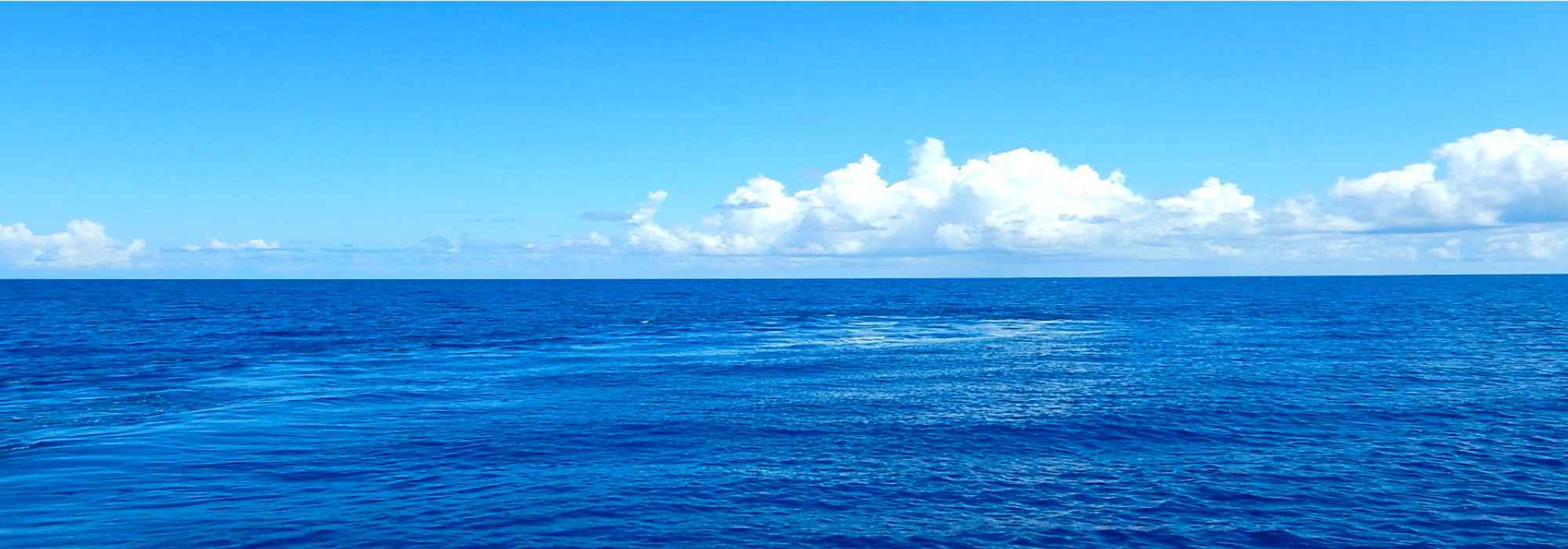Useful Expressions > Daily Expressions
18 Entries
Tuvaluan
日本語/English
Notes
ex.
Happy birthday.
表
誕生日おめでとう.
[ND] Manuia te pō fānau. aso fānau/pō fānau = birthday
[北] Manuia te pō fānau. aso fānau/pō fānau = 誕生日
ex.
expression for the heartfelt/empathy e.g. oh my dear, you poor thing etc. (Tuvalu Language Week Education Resource 2020)
表
喜びや悲しみの同情を表す表現
[参] kālofa.
